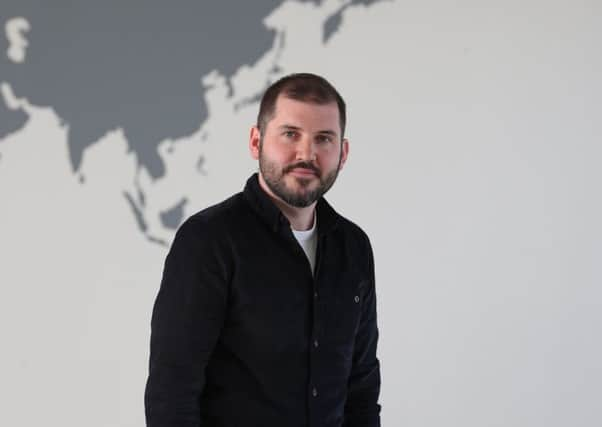Comment: App users now recognise the value of their data


It also builds on our crowdfunding campaign in 2017, where 1,500 users of our app helped us to raise £1.4 million on the Crowdcube platform, and we greatly value their ongoing support and goodwill. In return, it’s our aim to help people manage their finances much better and, overall, to lead a happier, more stress-free life. We know this is a big issue for people in this country, with research showing that over 20 million UK adults have less than £500 in savings and four in ten people feel unable to control their finances.
Aided by advances in technology, legislation and accelerating consumer adoption, the number of apps helping people with every facet of their financial life has boomed over the last few years. But giving consumers access to their finances at their fingertips is not entirely new.
Advertisement
Hide AdAdvertisement
Hide AdWhen Money Dashboard was first founded, consumer trust in banks was at an all-time low as a result of the financial crash. This created a population of consumers who had a need for new, innovative tools that could help them make the most of their financial situation from providers they could trust.
We’ve come a long way since then. In December, Money Dashboard announced a strategic partnership with price comparison site GoCompare, launching an API platform that gives third-party developers access to a powerful categorisation which can enrich data from hundreds of UK banks and financial institutions. The GoCompare tie-up followed previous integrations we secured with Monzo and Starling Bank. We think we’re in great company with brands like these and it’s encouraging to know they think the same.
Also in December, we picked up three awards at the second FDATA Global Banking Summit in Edinburgh and it was exciting to see other Scotland-headquartered fintechs like FreeAgent and Castlight Financial pick up awards on the night. While London is undoubtedly the world’s powerhouse in all things fintech, it’s both satisfying and encouraging to see Scottish companies get in on the act.
We’re also excited about our member share programme. While perhaps not as sexy as Equity for Punks (after all, we’re not offering discounted beer), our users’ responses show they are eager to have a stake in our business and help us grow through referrals. People are increasingly aware of the value of data and, in future, may demand to be paid for the use of this. This is reflected by the European Commission’s forecast that the data market in Europe alone could be worth more than €100 billion (£87bn) by 2020.
As ever-increasing apps are developed to help people with their finances, the key to their success will be the ability to deliver valuable insights to consumers by enriching the financial data they work with, and in turn will help people to make the right decisions for their financial wellbeing.
In collaboration with researchers at Harvard Business School and Edinburgh University, we recently investigated people’s motivations to set budgets and uncovered some fascinating, if not wholly surprising, results. Our research highlighted that most people don’t actually want to budget, nor do they want to save money for the sake of it. Instead, they want to achieve something, be that getting on the housing ladder (28 per cent), paying off debt (19 per cent), or taking the family on holiday (9 per cent).
- Steve Tigar, chief executive of Money Dashboard